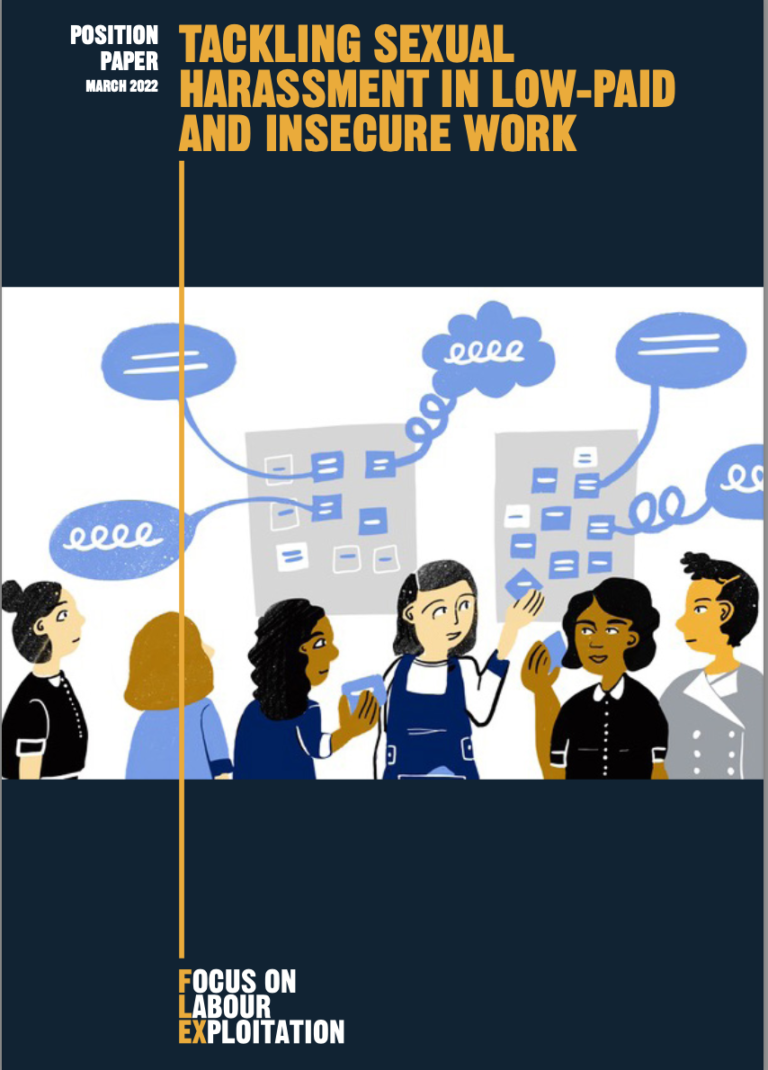Combating Forced and Child Labor of Refugees in Global Supply Chains: The Role of Responsible Sourcing
GuidancePublicationsWith the global refugee crisis showing no signs of abating, multinational companies need to consider how their supply chain interacts with refugees, who are often more vulnerable to forced labor when they seek out work in a new country. Combating F...Read More

